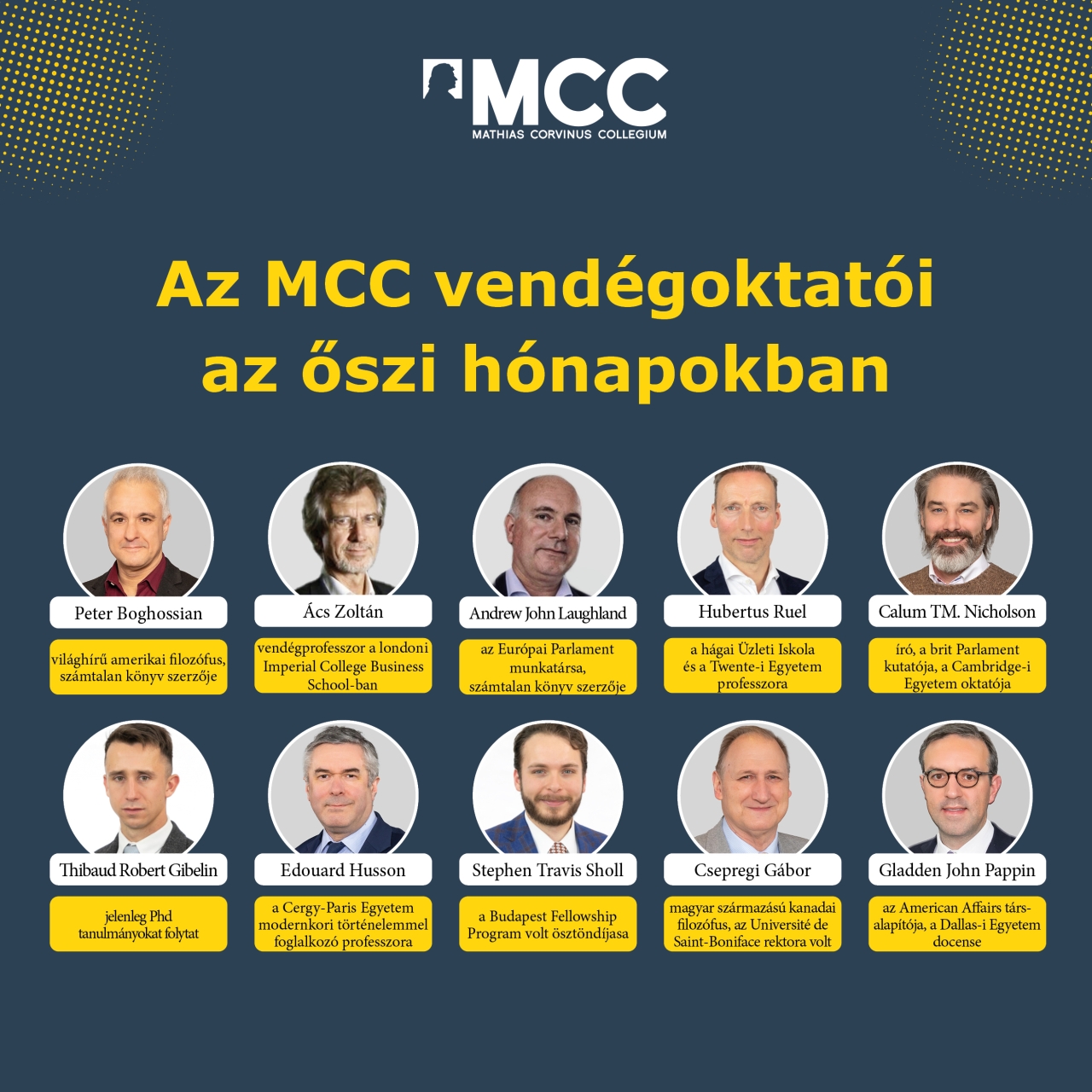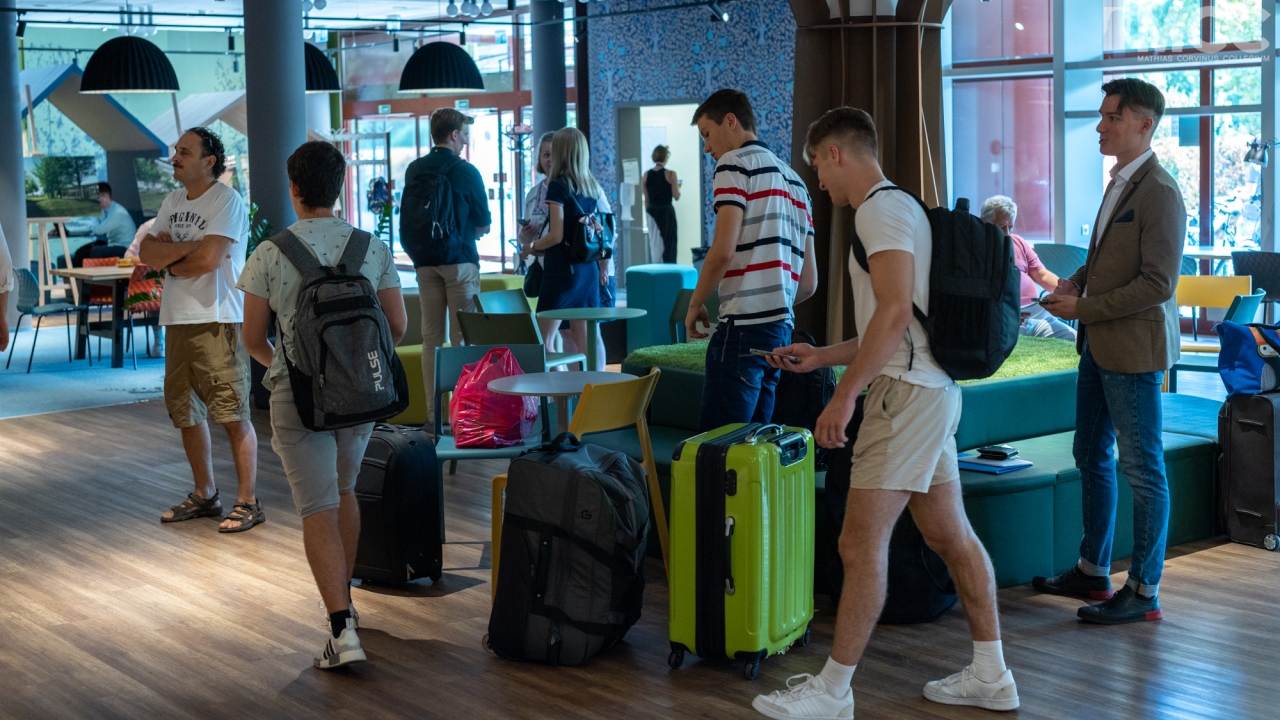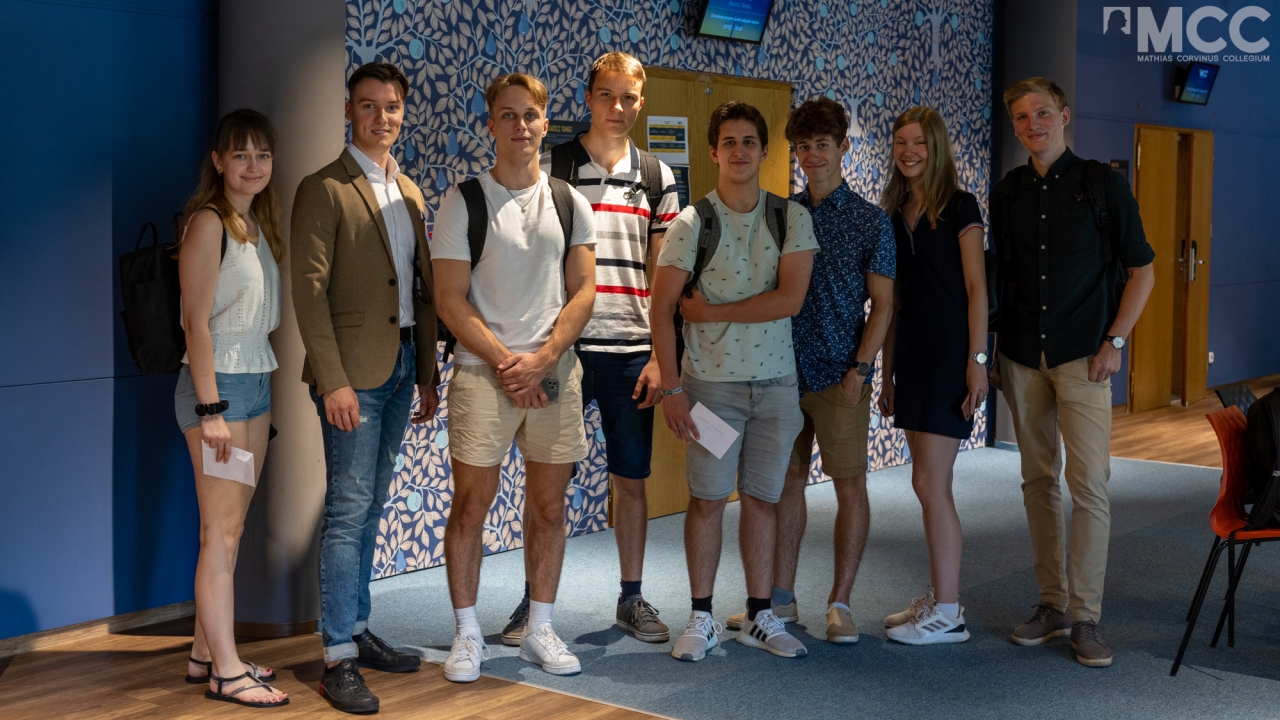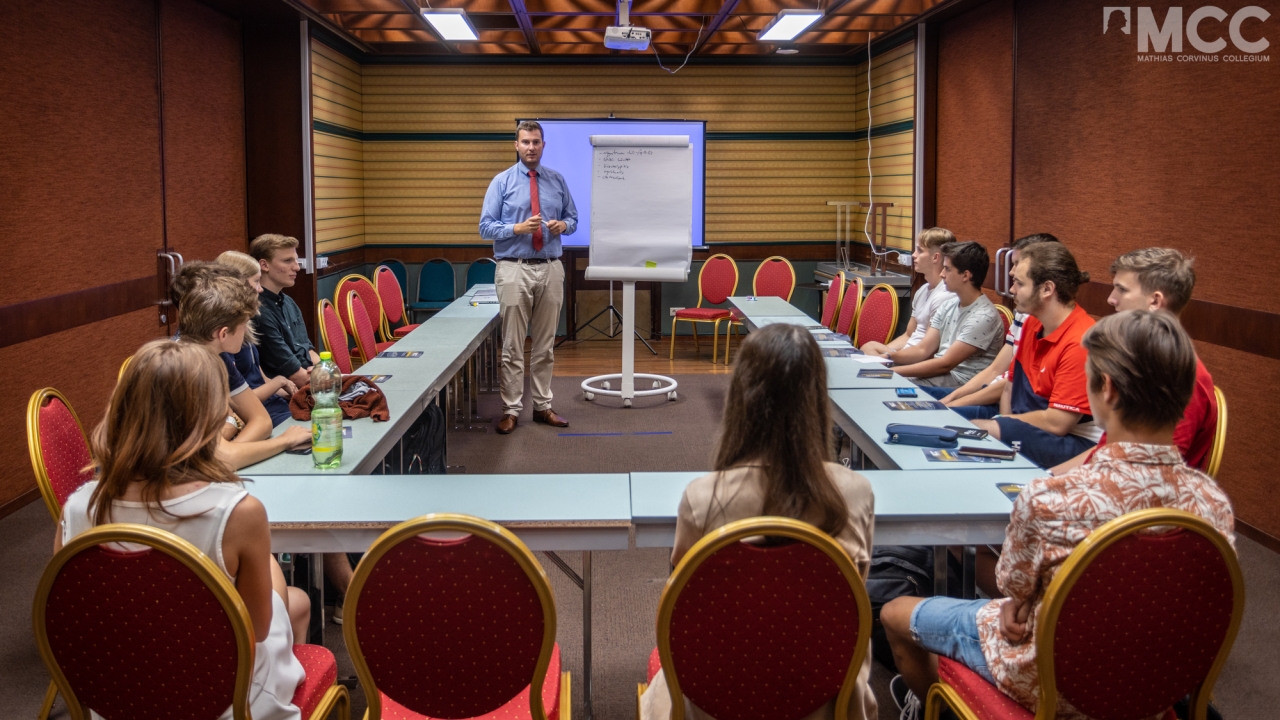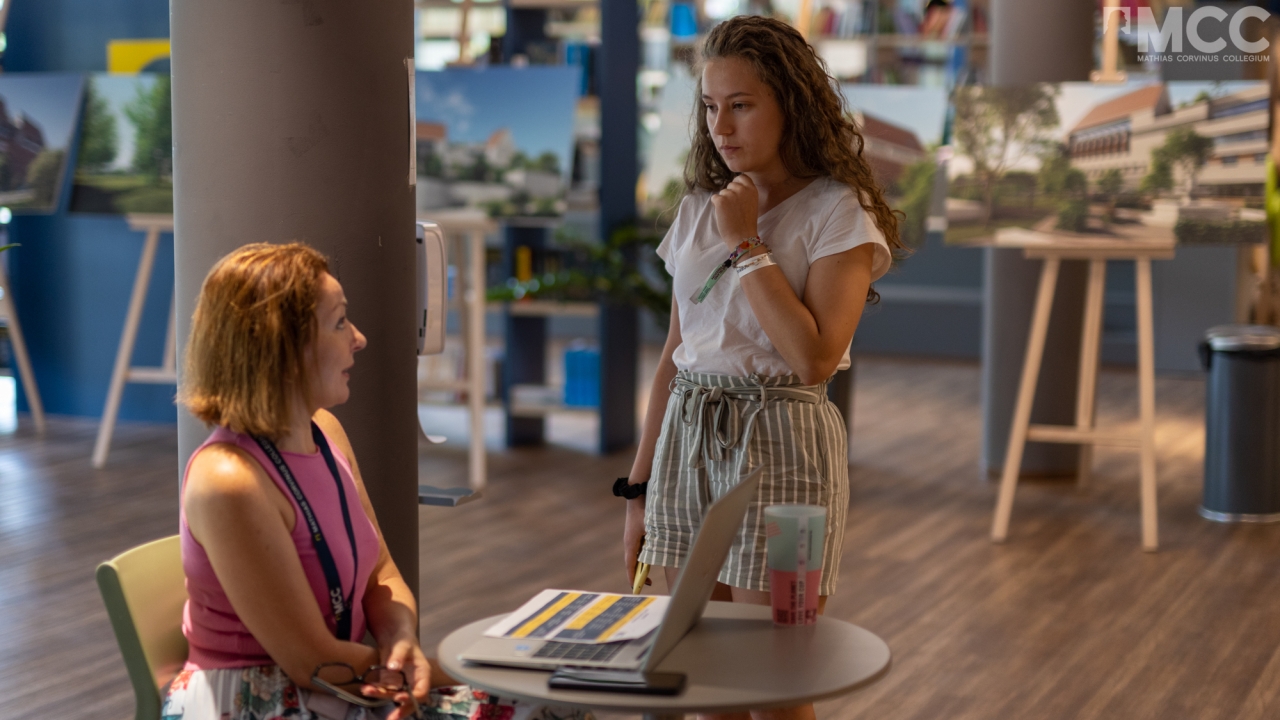Reading time: 3 minutes
Mathias Corvinus Collegium (MCC) will start the 2022/23 academic year with 6.000 students, several new centers from September. The 26-year-old institution will also welcome new visiting fellows from abroad, and its training courses and public life programs are now available in 24 locations across the Carpathian Basin.
The number of students at MCC is growing year on year. In the new academic year, six thousand students are already studying in different programs within the walls of the institution. The Young Talent Program (FIT) for upper primary school students will start the new school year in autumn with around 1,500 participants in 23 cities across the Carpathian Basin. The High School Program (KP) will have 3,700 students in 15 centers and the University Program (EP) will have 600 students in 7 centers from September. Students can also take part in MCC training projects such as the Roma Talent Program or the Public Life Training Programs.
This year, MCC is enriched with new centers and new experts. The Center for Modern Legal Studies was established within the MCC Law School and is led by Attila Menyhárd, lawyer, professor and former dean and head of the Faculty of Law and Political Sciences of Eötvös Loránd University. Two new centers have also been created within the Media School: the Story Lab, led by Norbert Köbli, a Béla Balázs Prize-winning Hungarian screenwriter, and the Center for Corporate Communications, led by Orsolya Ludvig, former Head of Corporate Relations and Communications at Heineken Hungária. The School of Social Sciences and History will be home for the Center for Architecture, led by Ybl Prize-winning architect Gábor Erhardt.
For this training year, the MCC-Mindset School of Psychology has been significantly restructured, with completely new centers for professional work. The Center for Sports and Performance is led by Ákos Fülöp, a sports psychologist, the Center for Cognitive Neuroscience by Boglárka Barsy, a neurobiologist, and the Center for Family, Child and Social Health is headed by Beáta Pászthy, associate professor, child and youth psychiatrist. The new head of the MCC-School of Mindset Psychology is Nóra Bunford, Junior Prima Prize-winning child and youth clinical psychologist and head of the "Lendület" (Momentum) Development and Translational Neuroscience Research Group.
This training year, around 15 foreign experts are expected to join the MCC's academic staff. Among the new participants of the Visiting Fellowship Program are renowned researchers such as Andrew John Laughland, a former fellow of the European Parliament and alumnus of Oxford University, and Zoltán Ács, a Hungarian-born American researcher, a fellow of the Western Europe Institute of Columbia University and a full member of the Hungarian Academy of Sciences. The world-famous American philosopher Peter Boghossian, author of several internationally acclaimed publications and best-selling books, and Gábor Csepregi, a Canadian philosopher and philosophical anthropologist of Hungarian origin will again be among the visiting fellows at the isnstitution. The MCC continues to be strengthened by, among others, Harvard University graduate Gladden John Pappin, co-founder of American Affairs and associate professor at the University of Dallas, the Cambridge-based social anthropologist Calum T.M. Nicholson, the American historian Stephen Travis Sholl, the business diplomacy expert Hubertus Ruel, and the French historian Edouard Husson. Mathias Corvinus Collegium will organise a number of national and international professional events this year again, including the MCC Budapest Summit at the end of September, which will analyse the economic impact of the Russian-Ukrainian war with the participation of renowned Hungarian and foreign experts.
